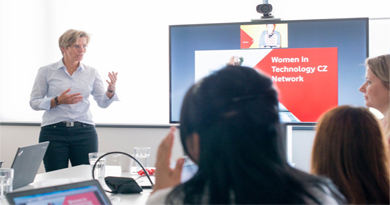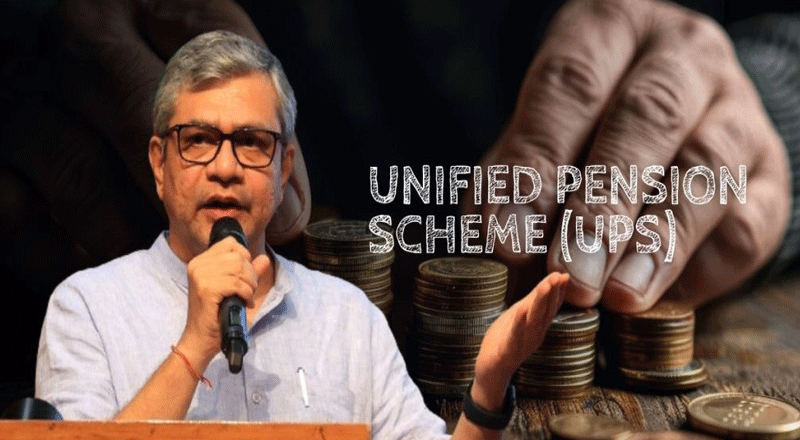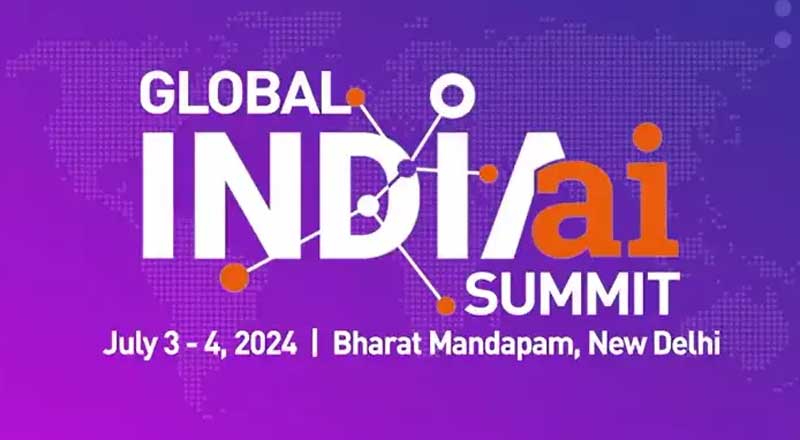Vodafone has announced plans to provide teenage girls across 26 countries, including 14 to 18-year- old girls in India, with coding training. In what is the largest international, in-person global coding programme of its kind, Vodafone will partner with Code First: Girls, which is a coding programme designed to kindle interest in the (Science, technology, engineering, and mathematics) STEM sector amongst girl students.– ‘which runs coding courses for women and girls’ – to provide five-day, coding workshops for teenage girls across its geographical footprint in Europe,India, the Middle East, South Africa and Australasia. In India, 40 teenage girls will gain places on the free coding programme later this year.
Vodafone’s coding course with ‘Code First: Girls’ has been created to be suitable for all girls of ages 14 to 18, irrespective of their skills. It will provide basic knowledge of computer languages and development programmes including html, CSS, Git Hub and Bootstrap, enabling the students to develop a website by the end of the one- week training programme.
For this programme Vodafone will be partnering with schools across its markets, while girls whose schools are not involved can register their interest here. The course will run across Vodafone’s markets from July until October this year. Coding is becoming one of the most in-demand skills across industries as an Increasing number of businesses now rely on computer code. Half of all programming openings are in industries outside of technology, such as finance, healthcare and manufacturing, while recent research found that coding has become a core skill that bolsters a candidate’s chances of commanding a high salary. Empowering women and helping young people increase their skill set through technology are two important areas of focus for Vodafone as part of the company’s 10-year sustainable business goals. By 2025, Vodafone’s ambition is to be the best employer for women. The company is also seeking to connect 50 million women living in emerging markets to help improve their lives and livelihoods.
Earlier this year, the United Nations Educations, Scientific and Cultural Organisation (UNESCO) expressed concerns that ‘female participation is falling in a field that is expanding globally’. Men still dominate the number of STEM graduates in most countries.
In 2014, around 22% of UK graduates in science, mathematics and computing were women. The gap was keep increasing in Germany with (19.3%), France (21.5%) and Switzerland (14.7%). In the United States, women make up around a quarter of those in STEM occupations. STEM fields also have fewer women on boards than any other sectors.
One such initiative in India is the Smart Snehidi programme, which is the first targeted women centric proposition under the global ‘Vodafone MWomen’ initiative. The objective of the programme is to digitize rural women by overcoming their barriers to Internet usage to enhance their livelihoods. Launched in November 2016, almost 2,000 ‘Snehidis’ have been already been enrolled across 3 districts in Tamil Nadu. The endeavour is to enrol 5000 women under this initiative by the end of 2017 and scale up the model basis results & learning’s.
Suvamoy Roy Choudhury, Director HR, Vodafone India, said “Vodafone actively supporting interventions and initiatives to bridge gender gap in workplace and society, That exists today. Code First: Girls will empower girls to develop interest in the STEM sector, currently more popular with boys, helping widen their opportunities and increase their future career choices”.





